Viktor Orban visited the Vatican, where he was received in private audience by Pope Leo XIV received him in audience, and later gave an interview about his meetings. The Hungarian Prime Minister began by explaining that in today’s world there is a hidden anti-war network of contacts, a network of leaders known for making peace their top priority.
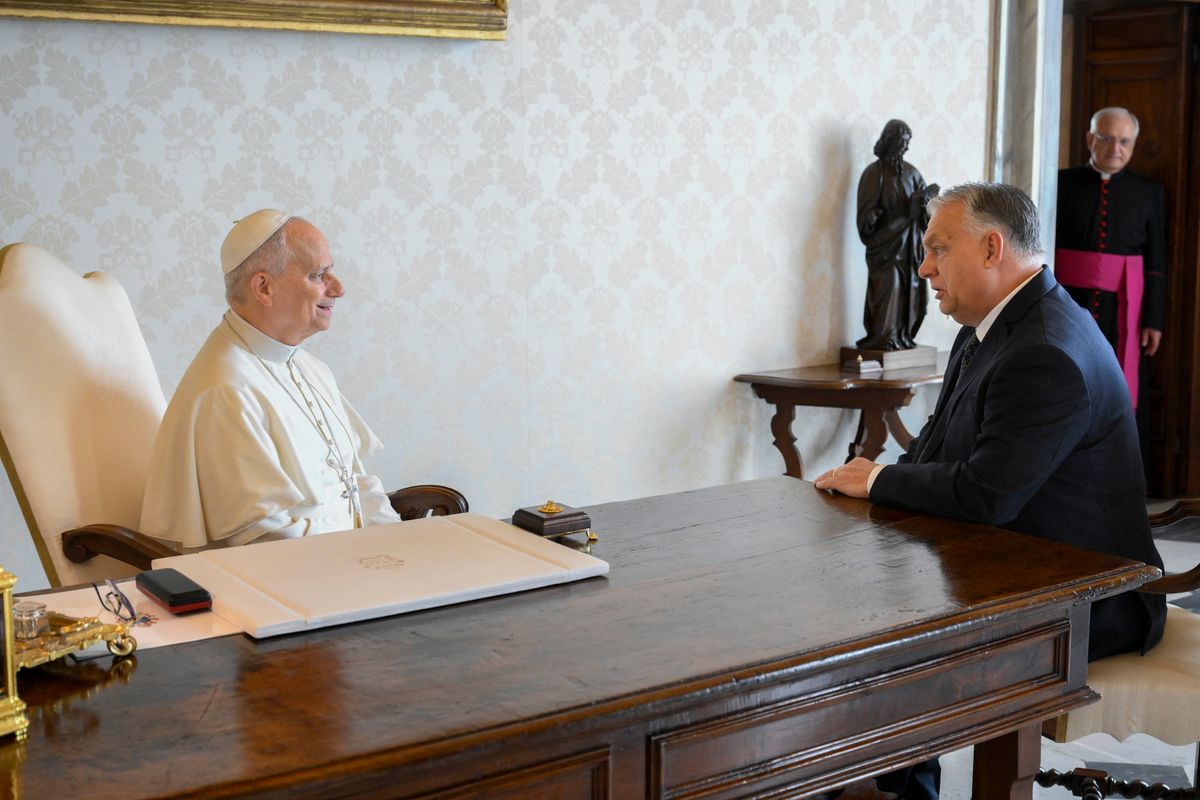
This network has two centers of gravity. One is a center of power, where the real political tools needed for peace, and for countering war, are held. Today, the focal point of that lies with the President of the United States. The previous American president was not in that position. The other center is spiritual one, a source of renewed energy, motivation, commitment, blessing, and encouragement for those political leaders who fight against war. And that center is here, in the Vatican, with the Holy Father himself,
PM Orban pointed out.
He recalled that on his third working day, Pope Leo XIV personally called President Zelensky. "So the spiritual center of the peace process continues to be the Vatican," the Hungarian Prime Minister said.
Viktor Orban went on to say that while in the Western world there are few leaders who openly stand up for peace, this is not the case globally.
If we take humanity as a whole, the overwhelming majority of the globe stands on the side of peace. The Arabs, all of them. The Far East, led by China, also. India as well. It is a Western illusion to think that those outside the West do not matter or play no significant role,
PM Orban said, noting that even within the Western world, one should be aware that its stronger half, the United States, stands for peace. He continued by saying that
here in Central Europe, the peace camp is returning. Slovakia now has an anti-war government, Hungary has an anti-war government, and the Czechs are coming back to that side as well. I see signs of change in Poland, though time will tell more clearly. And as the economic difficulties grow in Western Europe, more and more countries will admit that we simply do not have the money to finance this war. I expect that, day by day, the anti-war camp will continue to grow.
Sharing details of the audience, Viktor Orban revealed that Pope Leo XIV was presented with an old book about the life of Saint Gerard.
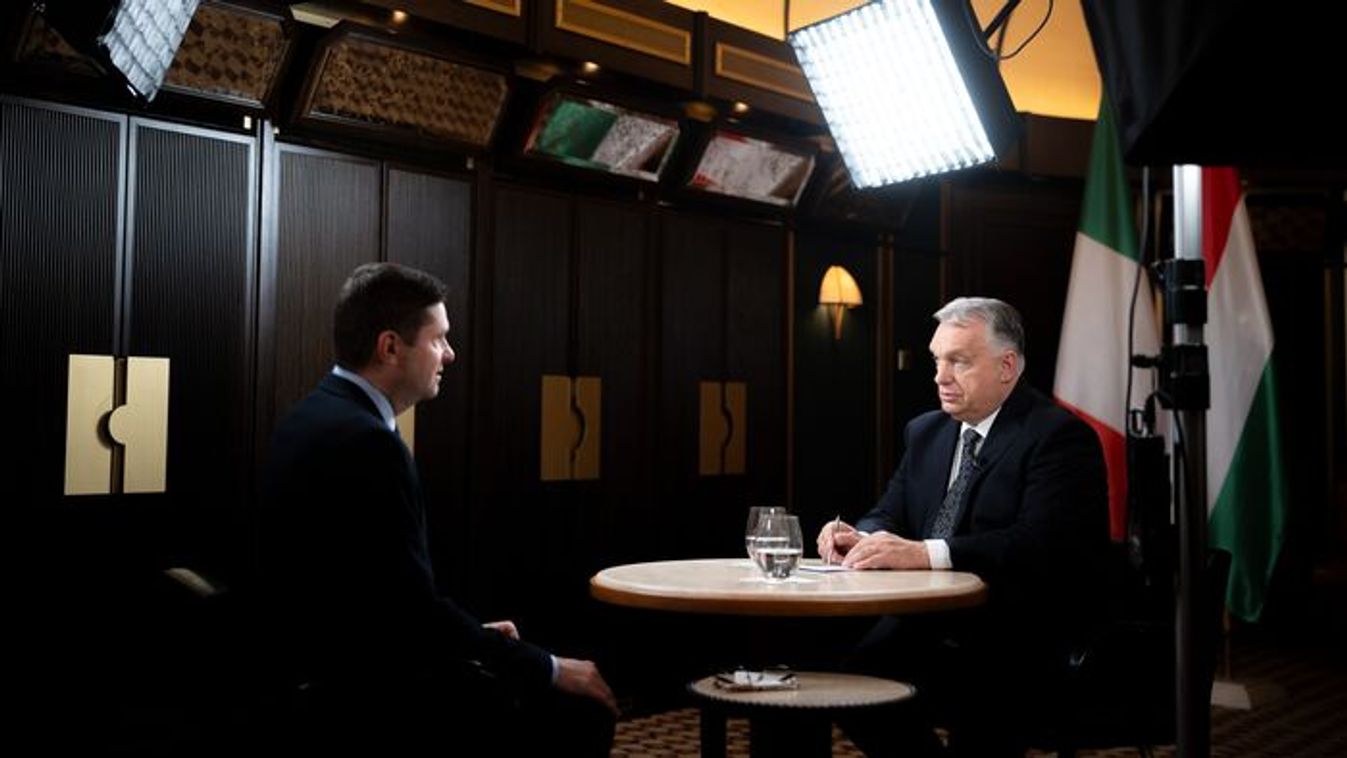
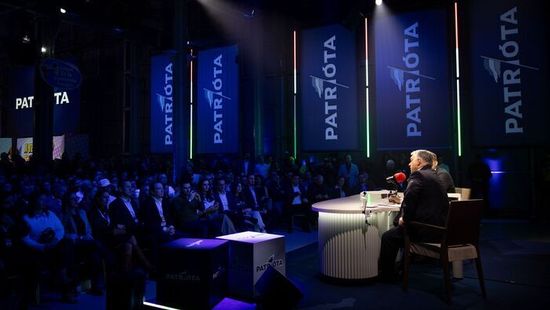
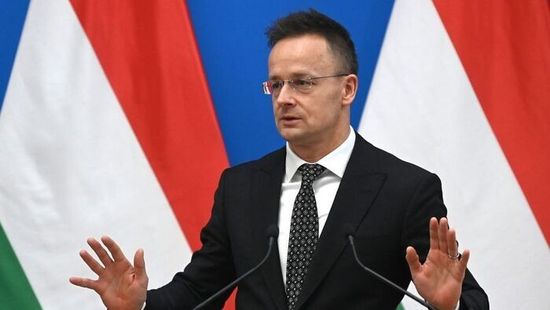

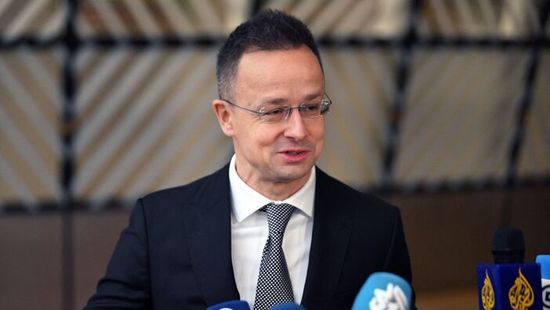

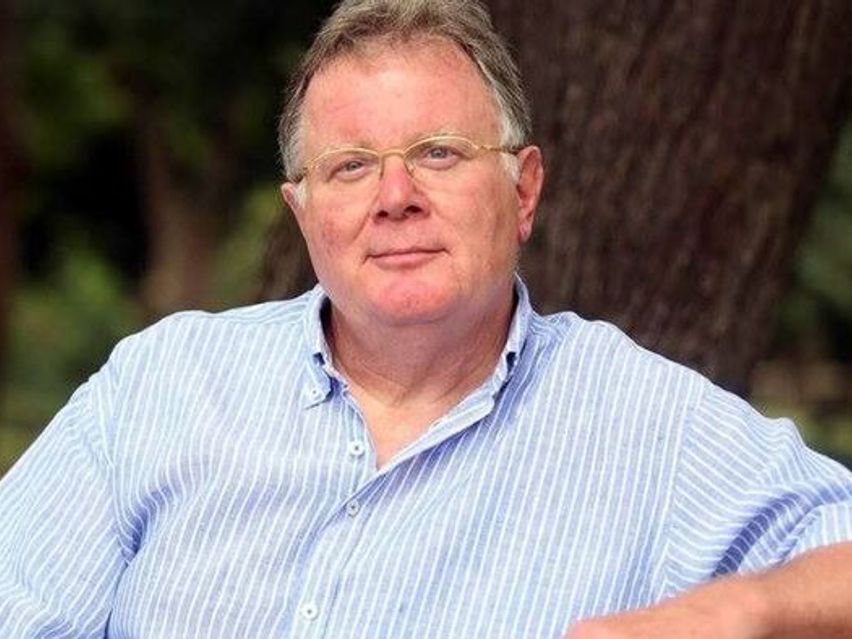
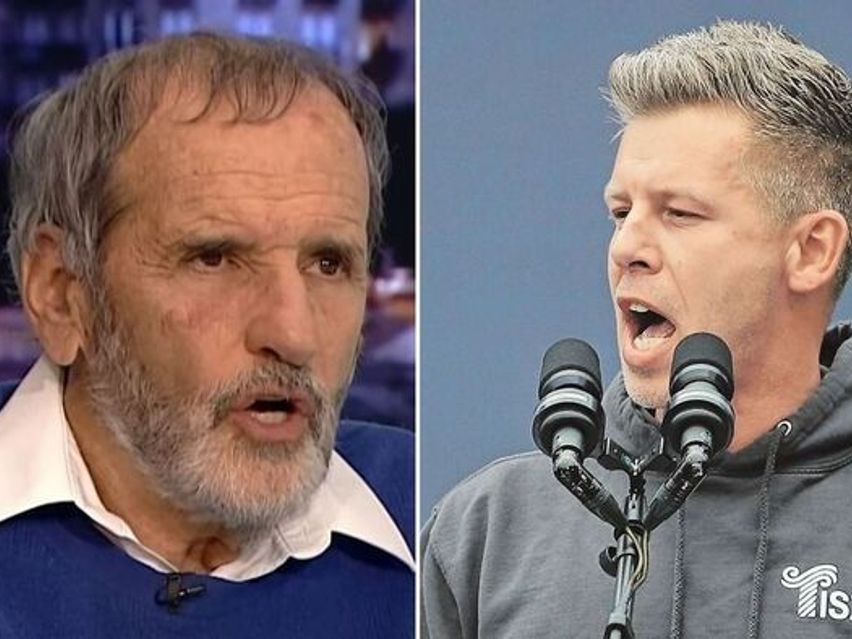

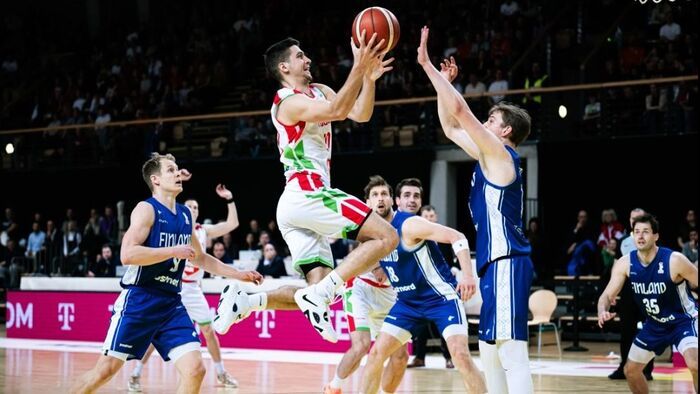

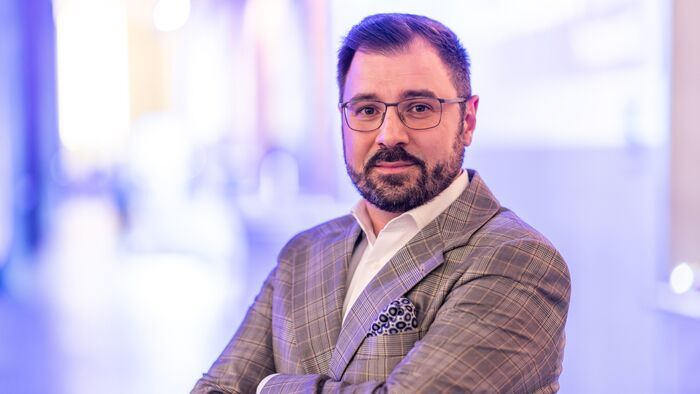
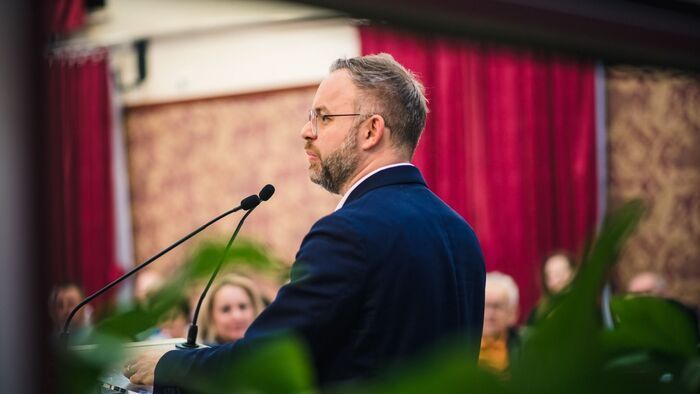
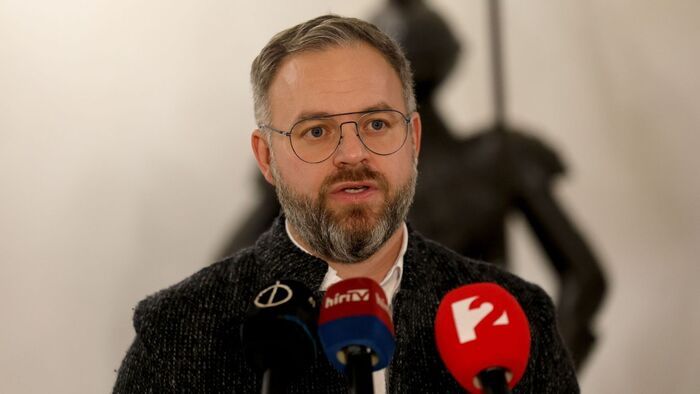
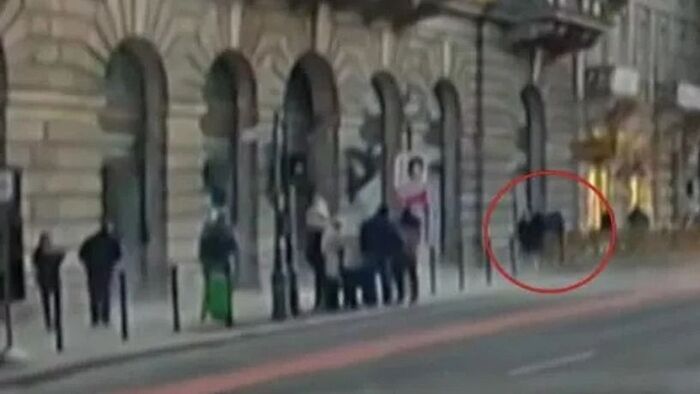
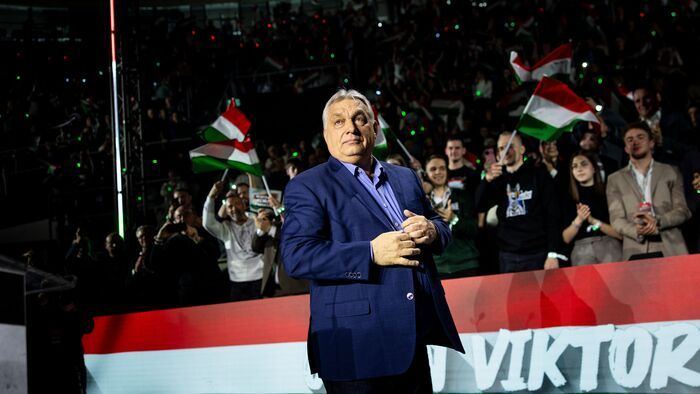
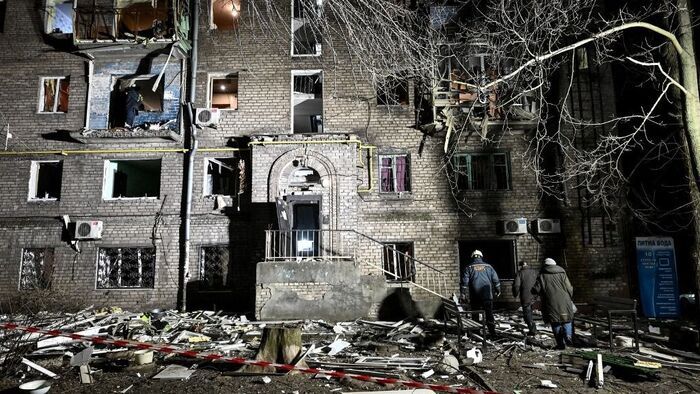
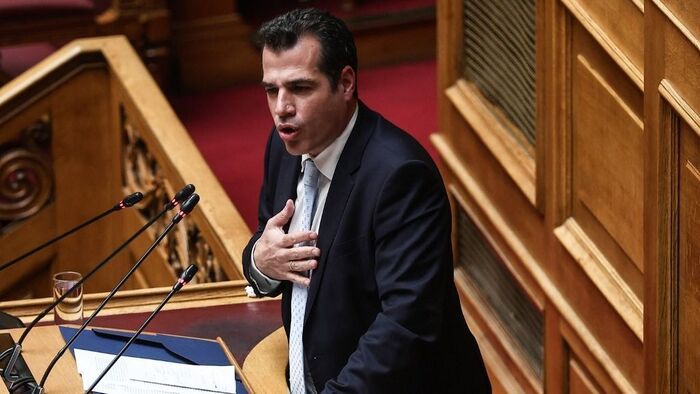


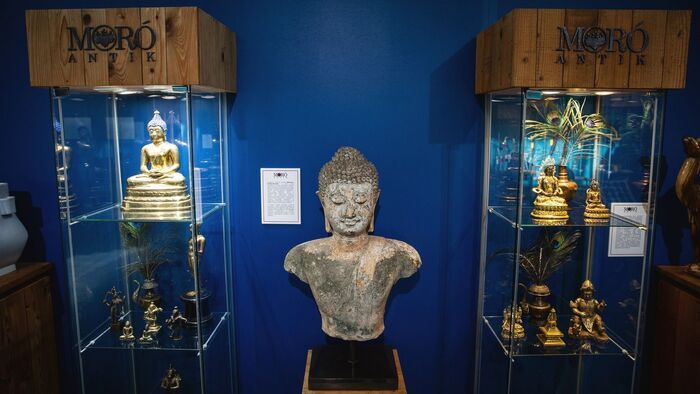
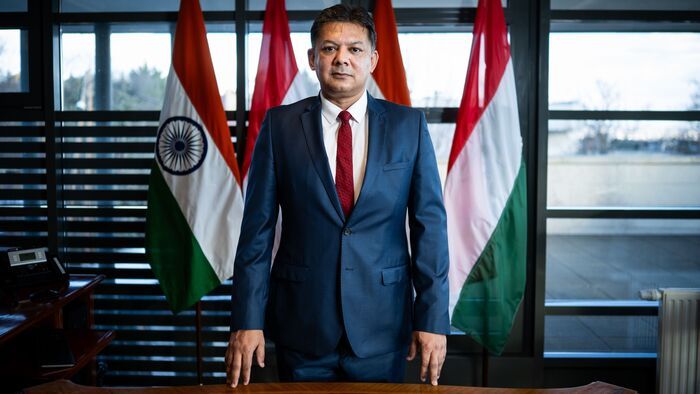

Szóljon hozzá!
Jelenleg csak a hozzászólások egy kis részét látja. Hozzászóláshoz és a további kommentek megtekintéséhez lépjen be, vagy regisztráljon!